SYDNEY—Australia will reopen a controversial detention center for asylum seekers, Prime Minister Scott Morrison said on Wednesday, Feb. 13, after an embarrassing defeat in parliament that allows migrants in offshore camps to receive medical care in the country.
The opposition Labor party and independents voted to amend hardline immigration laws to give doctors the right to temporarily transfer some 1,000 men and woman from two Pacific processing centers if they need medical treatment.
The amendment, approved by the Senate on Feb. 13, dealt a blow to the minority centre-right government.
Morrison, offering a preview of a campaign pitch likely to focus on immigration, said the change could bring a new wave of asylum seekers. As a precaution, the government announced it has reopened a detention center on Christmas Island, a territory some 1,550 km (960 miles) north-west of the mainland.
“We have approved putting in place the reopening of the Christmas Island detention facilities, both to deal with the prospect of arrivals as well as dealing with the prospect of transfers,” Morrison told reporters in Canberra.
Previously, asylum seekers intercepted at sea and sent to offshore processing camps in Papua New Guinea (PNG) and Nauru were not allowed to set foot in Australia unless the government decided they need urgent care.
Immigration Minister David Coleman said on Feb. 10 the change could bring a return of the days when thousands of asylum-seekers traveled to Indonesia and then paid smugglers to take them on to Australia by boat.
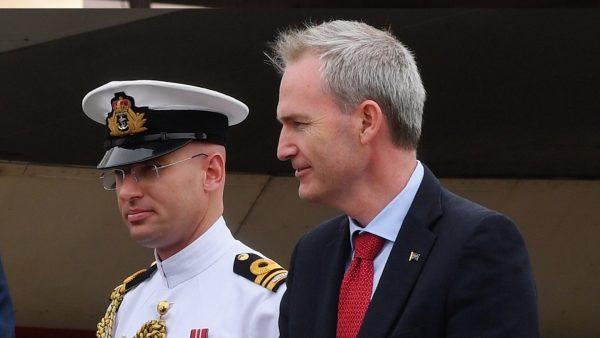
Opponents accused the government of fear-mongering, saying that after an amendment, the new law only concerned only those already housed in the Pacific camps.
“This legislation is confined to the current cohort of people on Manus Island and Nauru,” said Kerryn Phelps, an independent lawmaker who championed the bill back in December 2018.
“It does not provide any kind of attraction to people to leave where they are and to try to make the journey to Australia because they will not be considered as part of this legislation.”
The Christmas Island detention facilities—shuttered last year after 10 years in operation—has been a central scene in the outcome of previous national elections.
In 2001, Australia’s then conservative Prime Minister John Howard refused permission for a Norwegian ship carrying 433 rescued refugees to enter Australian waters.
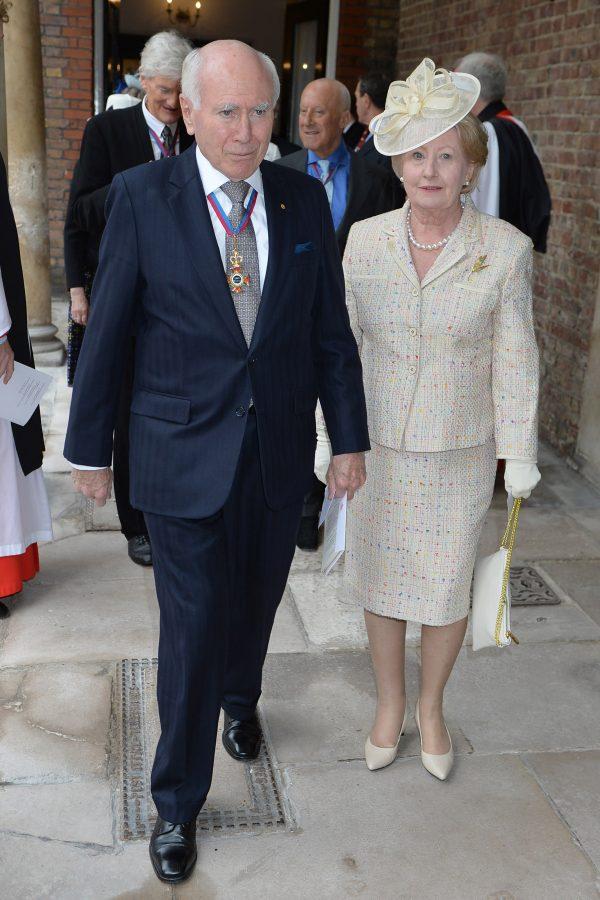
Howard, who was trailing in the polls at the time, won re-election and held onto power until 2007. After he left office, the center-left Labor government began holding refugees on Christmas Island.
As a stream of new arrivals swelled already cramped conditions, protests broke out that fueled an image of a government that had lost control of national security, propelling the centre-right Coalition back to power in 2013.
Morrison is hoping to use the issue to win favor with disillusioned voters, said Peter Chen, a professor of political science at the University of Sydney.
“Morrison will be happy to fight an election on this issue. He doesn’t have a lot to campaign on but on this, he is on strong ground,” he said.
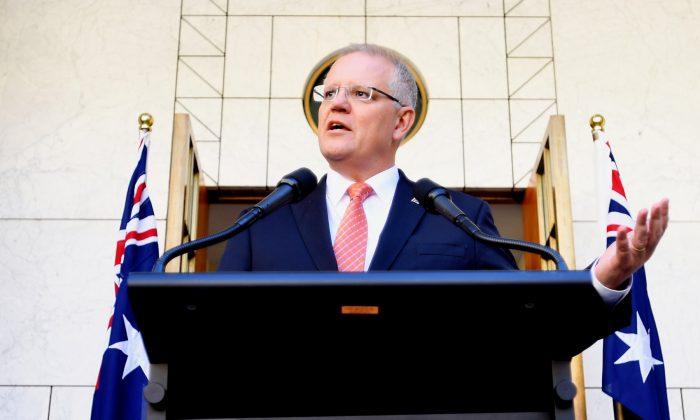

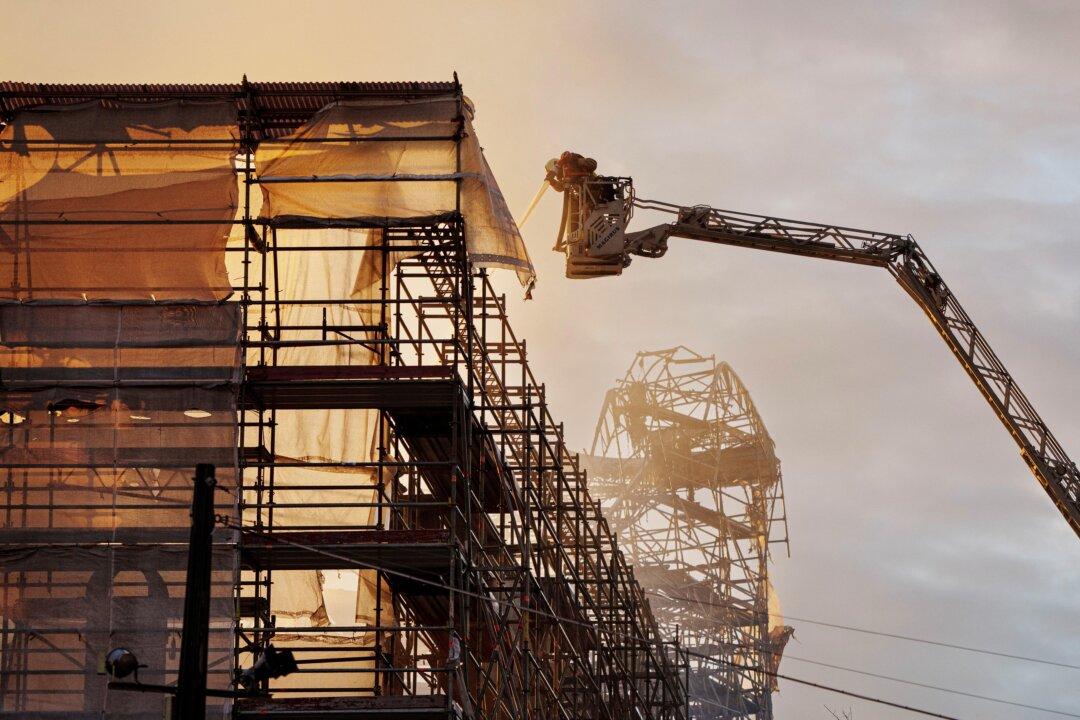


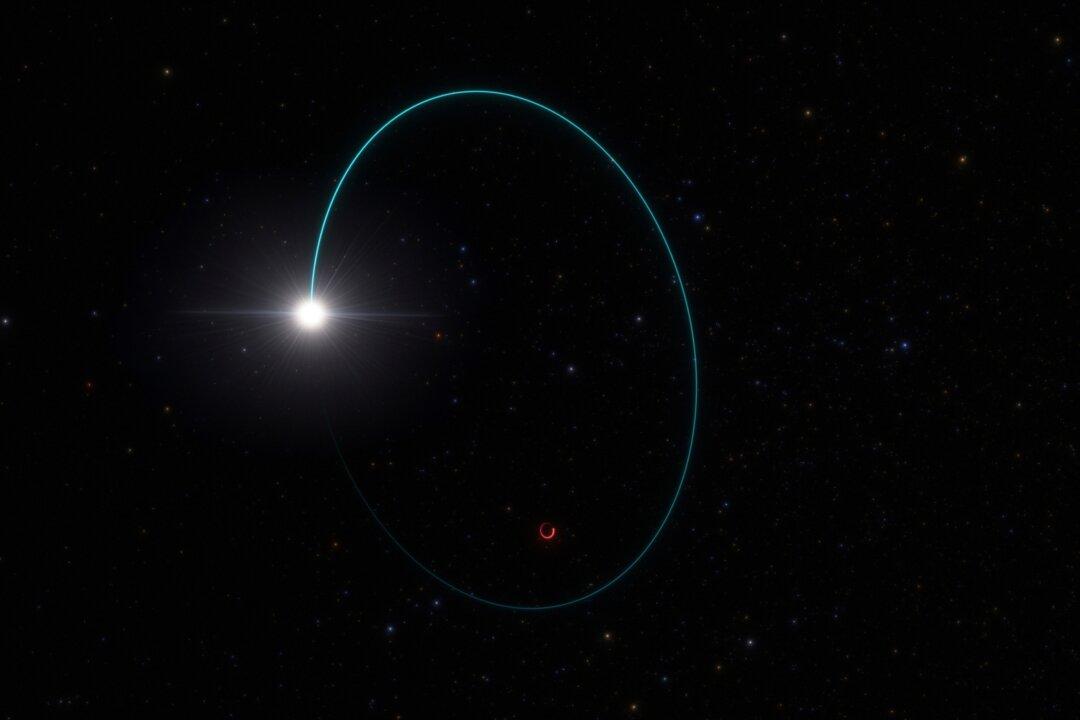
Friends Read Free